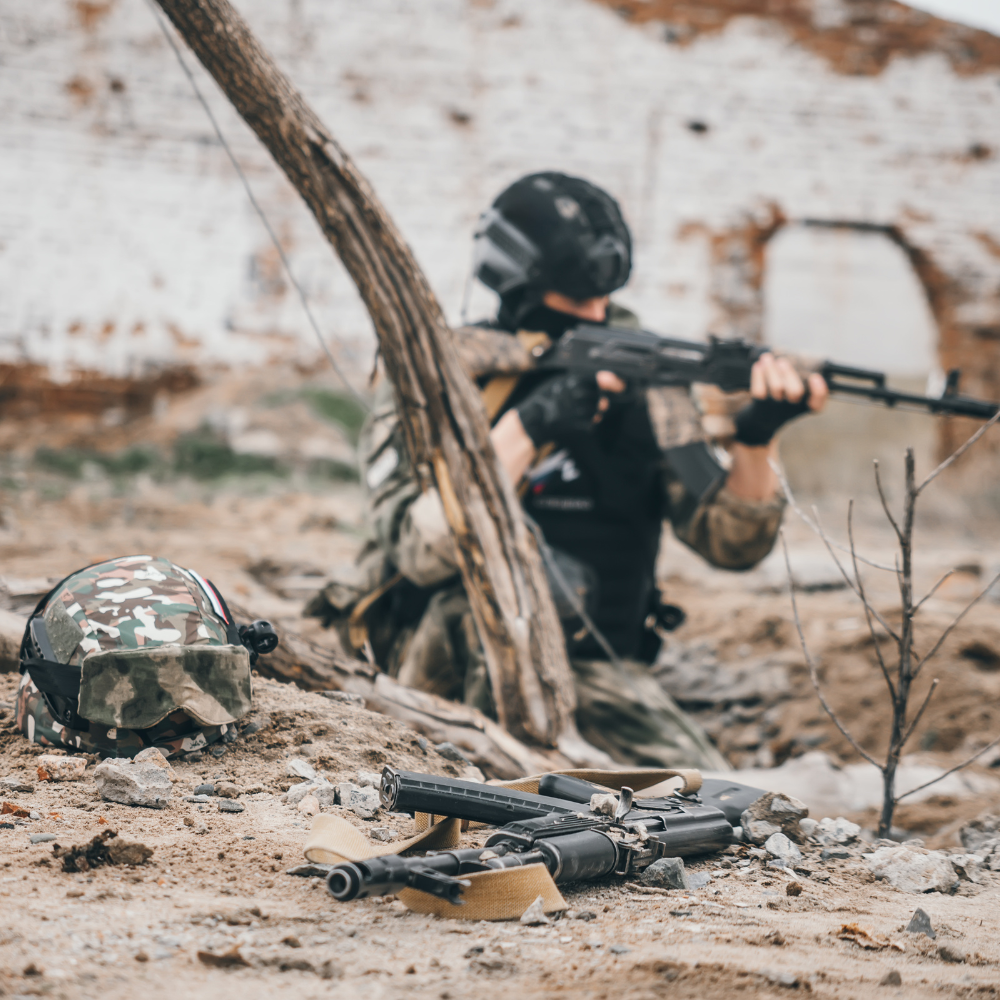Iran leader urges balanced response to Israeli attack
Ayatollah Ali Khamenei, the Supreme Leader of Iran, has urged officials to respond to recent Israeli attacks in a balanced manner, ensuring that the incident is not exaggerated or downplayed. Khamenei underscored the necessity of a deliberate response in the national interest of Iran in his initial public statements following the attack, but he refrained from committing to immediate retaliation.
This follows a series of Israeli airstrikes on military installations throughout Iran on Saturday, which Israel claimed were targeting facilities associated with Tehran’s missile and air defence programs.
At a commemorative ceremony on Sunday, Netanyahu emphasized that the attack was precise and effective, achieving its intended goals. He stressed that the regime must understand a clear principle: those who harm Israel will face consequences.
Iranian President Masoud Pezeshkian, without directly threatening immediate retaliation, assured that Iran would respond to Israel’s actions appropriately. He reaffirmed that Iran does not seek war but is committed to defending its national sovereignty. Pezeshkian emphasized the need to protect the rights of the Iranian people and nation, echoing the sentiments expressed by Khamenei.
Abbas Araghchi, the Iranian Foreign Minister, disclosed that intelligence reports suggested a potential attack hours prior to its occurrence. Nevertheless, he declined to provide a specific account of the actions that were implemented in response to this warning.
In the midst of the conflict, the United States reportedly exerted pressure on Israel to restrict its military response and refrain from targeting sensitive infrastructure, including nuclear and energy facilities. This reserve may account for the Israeli strikes’ reduced scope, which was not as extensive as some analysts had anticipated.
In the context of ongoing conflicts between Israeli forces and regional militant organisations, the airstrikes on Iran were conducted. Fighting persisted between Israel and Hezbollah in southern Lebanon and between Israel and Hamas in Gaza. At least eight individuals were killed in the Sidon region of Lebanon by Israeli airstrikes on Sunday. Subsequent attacks in the southern region of the country resulted in the deaths of an additional 21 individuals. According to Palestinian sources, Israeli forces targeted a school-turned-shelter in the al-Shati refugee camp in Gaza, resulting in the deaths of nine individuals, including three journalists.
A truck collided with a bus stop near a military installation north of Tel Aviv in Israel, resulting in the deaths of one individual and the injuries of over 30 others. The Israeli authorities are investigating the incident as a terror attack. The escalation of tensions was precipitated by this incident.
Confronted with this violence, Egyptian President Abdel Fattah al-Sisi suggested a two-day ceasefire in Gaza. As an initial measure, he proposed the exchange of four Israeli hostages for Palestinian prisoners, which would be followed by additional peace negotiations. Nevertheless, a senior Hamas official rejected this proposal, stating that a formal ceasefire must be preceded by a complete Israeli withdrawal from Gaza and a comprehensive prisoner exchange.
The region braces for further escalations as diplomatic efforts continue, with both parties warning of consequences and the international community urging restraint.









